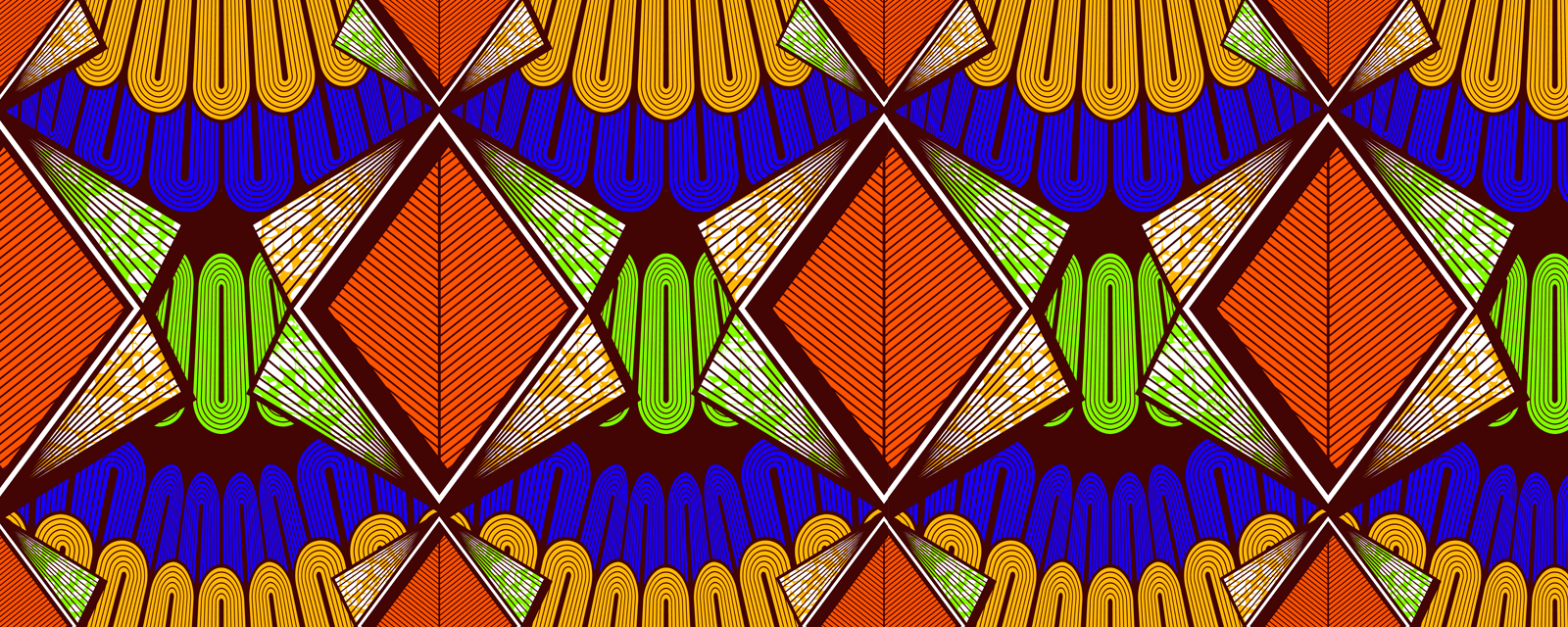The Yorùbá language consists of three major tones: high tone, mid-tone, and low tone. For reading these are illustrated in the letters of the Yorùbá alphabet with accent marks. Dò (low-tone, depicted by a grave accent), Re (mid-tone, depicted by the absence of any accent), Mí (high-tone, depicted by an acute accent).
A dynamic aspect of the Yorùbá language and worldview is the ability to pun with words in poetry form by mischievously exploiting the different possible meanings of a words by identifying one meaning from the other through the accent mark or pitch variations in pronunciations.
Here, the poet Baba Akile illustrates this beautifully by playing with the four meanings of the word Igba.
Ìgbá: Referring to “Garden eggs”, a type of eggplant eaten either on it’s own or mixed with tomato and spices to form a garden-egg stew.
Igbá: A “Calabash bowl”, generally used as a cup for drinking, or keeping food.
Igba: “Two hundred”, two multiplied by one-hundred as it is in the Yorùbá Ifa binary configuration and here referring to currency, i.e. “two hundred banknotes” signifying wealth.
Ìgbà: “Legacy”, also referring to a time-frame, season, period, epoch, a turn or flip of fortune.
@babaakileofficial Logba ire tori omo#womensfootball#movietok#foodtok#yoruba#babaakileofficial#recipesoftiktok#trending♬ original sound — ÒRÒ ÀGBÀ
My thanks to Dele A Sonubi for the transcription and translation into English that follows.
The Garden Egg, The Bowl, The Wealth and The Legacy
Hmmm… (dramatic chuckle) the different variations of the word Igba;
Igbá, Ìgbà, Ìgbá and Igba are each distinct from one another.
They each struggle in the context of being the most relevant and the most significant.
Ìgbá (the garden egg) boasts of being the most valuable because he is the one that provides great tastes for stew and its relevance must not be equated with that of a mere Igbá (the calabash bowl)
Igbá (the calabash bowl) evaluates his own relevance as key to making it easier for humans to drink and insists that in any case, its relevance is beyond the mere value of Igba (two-hundred banknotes/wealth)
Igba (two-hundred banknotes/wealth) smiled, noting that both Ìgbá and Igbá were mischievous in their estimation; that he, Wealth, is a limitless vainglorious desire of human greed and needs. Every human being desires Wealth. He insisted that in any case, his relevance ought not be constrained by the estimation of Ìgbà, (legacy).
Ìgbà (legacy) resolved to call out the others: The Calabash bowl, the Garden eggs and Wealth as spoilt brats. Young or old, every being struggles to spend his or her existence within a reasonably long time, meaning that he, Ìgbà, supersedes the others in relevance and value.
This is applicable to the dictum that, nothing in life is completely valueless! However, the most important thing is to lead a morally rich and long life, leaving behind, good and enduring legacies.
You that appreciates this poem now, examine yourself if the time you spend now is morally and inherently right or wrong. Hear this from me, whatever legacy you make now, will determine the legacies accessible to the generations that follow you.
It is advisable to use your lifetime wisely, so that vainglorious boasts in Food, Drink and Wealth do not distract you from creating a lasting Legacy, thereby condemning your esteemed sagacity to an obsolete, anachronistic existence.
Ìgbá, Igbá, Igba ati Ìgbà
Hmmm… Igbá, Ìgbá, Igba àti Ìgbà, àwon mérèrin yàtò gedengbe..oo;
Ni wón bá jo n jìjà àgbà.
Ìgbá ni òhun dun l’óbè
Kí wón má fi òhun wé Igbá láyé-láyé.
Igbá ní kò burú; kò bàjé
Òhun se é bu omin fún omo adániwunrun láti mu.
Kía má f’òhun wé Igba owó.
Igba owó wá rèrín,
Óní àti Igbá, àti Ìgbá òpònú ni wón,
Òhun Igba owó, gbogbo Èdá ló n sáré owó láyé
Kí wón má fi òhun wé Ìgbà.
Ìgbà wá ní èyin métèèta gò;
àti, Igbá àti Ìgbá àti Igba owó, gbogbo wa lo n gbìyànjú lati lo Ìgbà rere.
L’ódífá fún wípé; kòsí oun tí nbée ní ayé yìí tí ò wúlò
Àmó Ìgbà ló dára jù; kí a lo Ìgbà rere.
Ìwo tí òn wó mì lówó-lówó, Ìgbà tí òn lóò, sé Ìgbà rere ni àbí Ìgbà ibi?
Gbogbo Ìgbà tí ènìyàn bá lò sí’lè ni yío so Irú Ìgbà tí omo è yío jeèrè lóla.
Ojé lo Ìgbà re, kí Igbá ati Ìgbá ati Igba o ma gba Ìgbà re sonu
Ko ma baa di oni Ìgbà ana.
by Baba Akile,
Transcribed and translated by Dele A Sonubi.
Bio
‘Délé A Sónúbi is a writer based in Lagos, Nigeria. He learned the art of philosophy from Professor Sophie B. Olúwolé who held a chair on African Philosophy. He researches mostly on Yorùbá indigenous drive, particularly the Yorùbá religion, oral legacies, and socialization principles through Yorùbá culture and its practices. He is utterly flabbergasted and fascinated by the sheer sagacity of the words and proverbs in the Yorùbá language, particularly when they are translated from Yorùbá to English. As a result, he is always eager to engage in exchanges over the enhanced meaning of Yorùbá phrases and world views.

